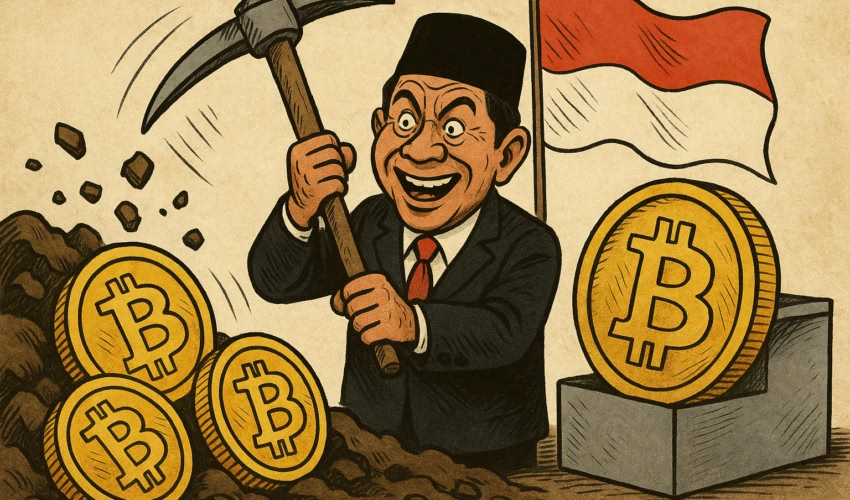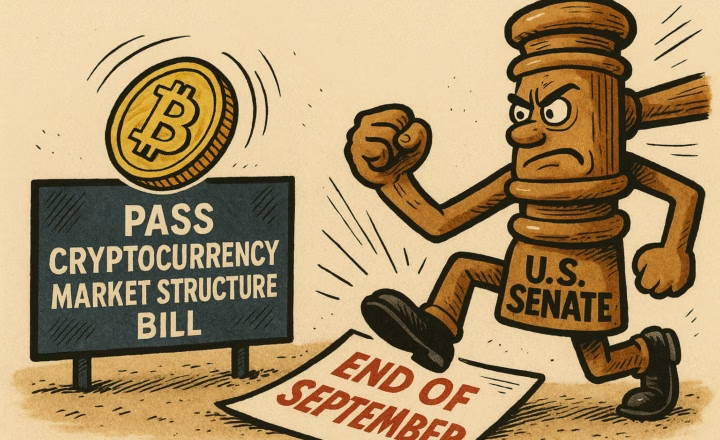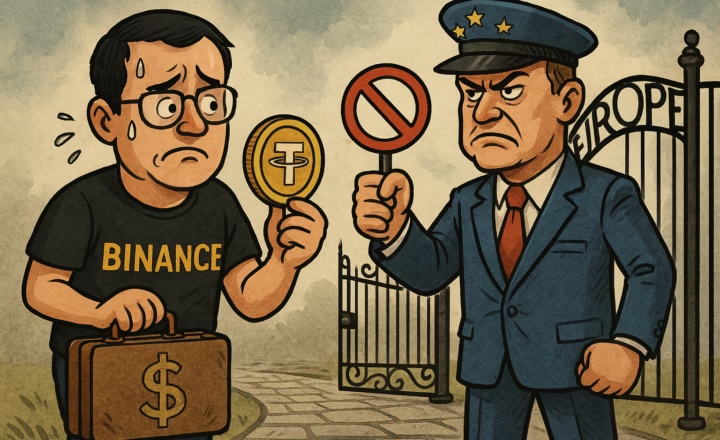Indonesia Considers Bitcoin Mining and Reserves to Boost National Economy
Indonesia is reportedly exploring the possibility of using Bitcoin (BTC) as part of its national reserves strategy, according to Bitcoin Indonesia, a prominent local group advocating for cryptocurrency adoption.
Vice President’s Office Discusses Bold Bitcoin Strategy
In a recent post on X (formerly Twitter), Bitcoin Indonesia revealed it had been invited to present its vision to the Office of the Vice President, currently held by Gibran Rakabuming Raka, son of President Joko Widodo. The group discussed how Bitcoin mining and reserves could strengthen the country’s long-term economic position.
“We explored a bold idea: Using Bitcoin mining as a national reserve strategy,” the group wrote.
“Yes, seriously. Indonesia is looking into how Bitcoin could fuel long-term economic strength.”
BIG NEWS: 🇮🇩 Indonesia is exploring Bitcoin as a national reserve.
We were invited to the Vice President’s office to present how Bitcoin could benefit the country.
What we discussed could shape the future of Indonesia’s economic strategy. 🧵👇 pic.twitter.com/QGKgGRRgEU
— Bitcoin Indonesia (@bitcoinindo21) August 5, 2025
In addition to mining, Bitcoin Indonesia highlighted the importance of educational initiatives to build broader awareness and drive adoption throughout the country.
Leveraging Natural Resources for Bitcoin Mining
As the world’s fourth-most-populous country, with a population exceeding 280 million and a GDP of $1.4 trillion, Indonesia has abundant potential to become a major player in the global Bitcoin ecosystem. The group suggested the country could capitalize on its hydroelectric and geothermal energy resources — a strategy that has helped create jobs and drive investment in other nations like El Salvador.
To illustrate Bitcoin’s long-term potential, Bitcoin Indonesia referenced Michael Saylor’s price projections, which forecast Bitcoin reaching $13 million by 2045 under a base-case scenario and $49 million in a bull case.
One government official present at the meeting reportedly agreed on the need for nationwide education, stating,
“Indonesia must also continue to educate about Bitcoin in the future.”
National Debt Low, But Bitcoin Still a Strategic Option
Unlike other countries such as the United States, Indonesia currently maintains a low debt-to-GDP ratio of 39% and inflation remains under control at 0.76% (as of January 2025). While this means Bitcoin isn’t urgently needed as a hedge against economic instability, officials are still assessing its long-term potential as part of a diversified reserve strategy.
Regulatory Environment: Crypto Trading Allowed, Payments Banned
Indonesia allows crypto trading on regulated exchanges but has banned crypto for payments since 2017. That stance was reaffirmed in 2023, with authorities warning tourists against using digital assets for transactions.
Despite the formal prohibition, enforcement remains light. In tourist hubs such as Bali, some real estate agents reportedly continue to accept Bitcoin payments openly, according to on-the-ground reporting from Cointelegraph.
New Taxes Signal Regulatory Tightening
Just days before the Bitcoin reserve discussions, Indonesia’s Finance Ministry raised crypto-related taxes. Income tax on digital asset sales via local exchanges increased from 0.1% to 0.21%, while foreign exchange transactions saw a steep hike from 0.2% to 1%. Additionally, the value-added tax on crypto mining doubled from 1.1% to 2.2%.












